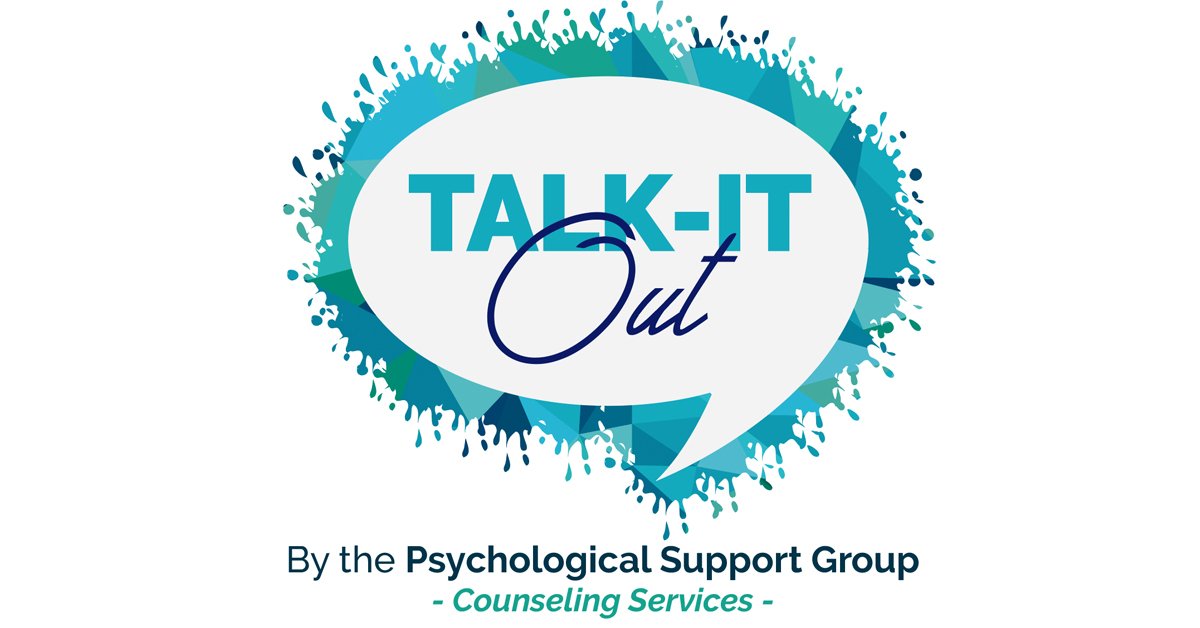Students Invited to “Talk It Out”
LAU counselors consolidate efforts to set up a psychological support group, offering students a platform to open up about their mental health challenges anonymously.
Amid the prevailing security challenges that have greatly affected the country, students found refuge in Talk It Out, a psychological support group set up by Principal Counselor Joumana Haddad and Lead Counselor Tala AlNoweisser.
The sessions, which were held in early October, helped establish a sense of self-awareness among participants while developing their emotional regulation skills and normalizing their concerns and challenges.
The two counselors articulated the purpose of this initiative: Creating a welcoming environment for students to openly express their feelings, thoughts and experiences in the ongoing conflict. During the first session, they walked attendees through a set of guidelines that ensure safety, respect and openness to participants’ opinions. They then asked them to share how the events were impacting them.
Highlighting common experiences, emotions and patterns, Dr. Haddad expanded on the different stages of emotions, starting with the onset of the experience—the first “activating stage.” She asked attendees to note emotional and bodily reactions such as increased heart rate, muscle tension and racing thoughts.
“These can continue to build up, if one does not intervene, to reach a peak where more behavioral reactions may be observed, such as avoidance and negative thoughts about oneself,” explained Dr. Haddad.
AlNoweisser explored the strategies that one can apply at each stage. She underlined the importance of having a plan after experiencing the activating event. “Breathe, talk to yourself positively and use mindfulness techniques,” she said.
When emotions peak, the power of accepting and validating them is vital while focusing on the present moment and geographical location, said AlNoweisser. She also encouraged students to check the facts and accuracy of the information they receive, take a break, and take the time to reflect on their own experiences.
In the last stage, the recovery, “you might start to formulate a context for what you were thinking and feeling, so there will be a noticeable decrease in physical and emotional symptoms,” added Dr. Haddad, noting the importance of reflection as a means to learn and do things differently when a new trigger happens.
“You can also use journaling or art for reflection,” offered AlNoweisser, “or you can talk about what happened with a trusted person.”
Apart from the expert tips, the counselors invited the participants to share their coping strategies to encourage engagement and common practices among themselves.
LAU counselors have also prepared a brief workbook, Surviving and Thriving in War Time, which features practical tools for students to work through their feelings and reactions. LAU Counseling Services remain available through the three counselors, Dr. Joumana Haddad and Tala AlNoweisser on the Byblos campus, and Zeina Al-Chidiac on the Beirut campus.
